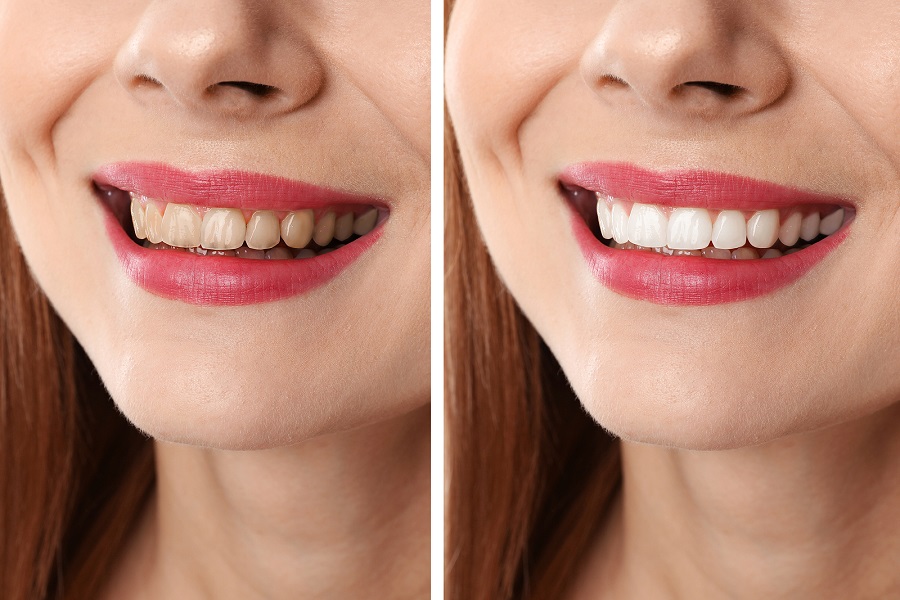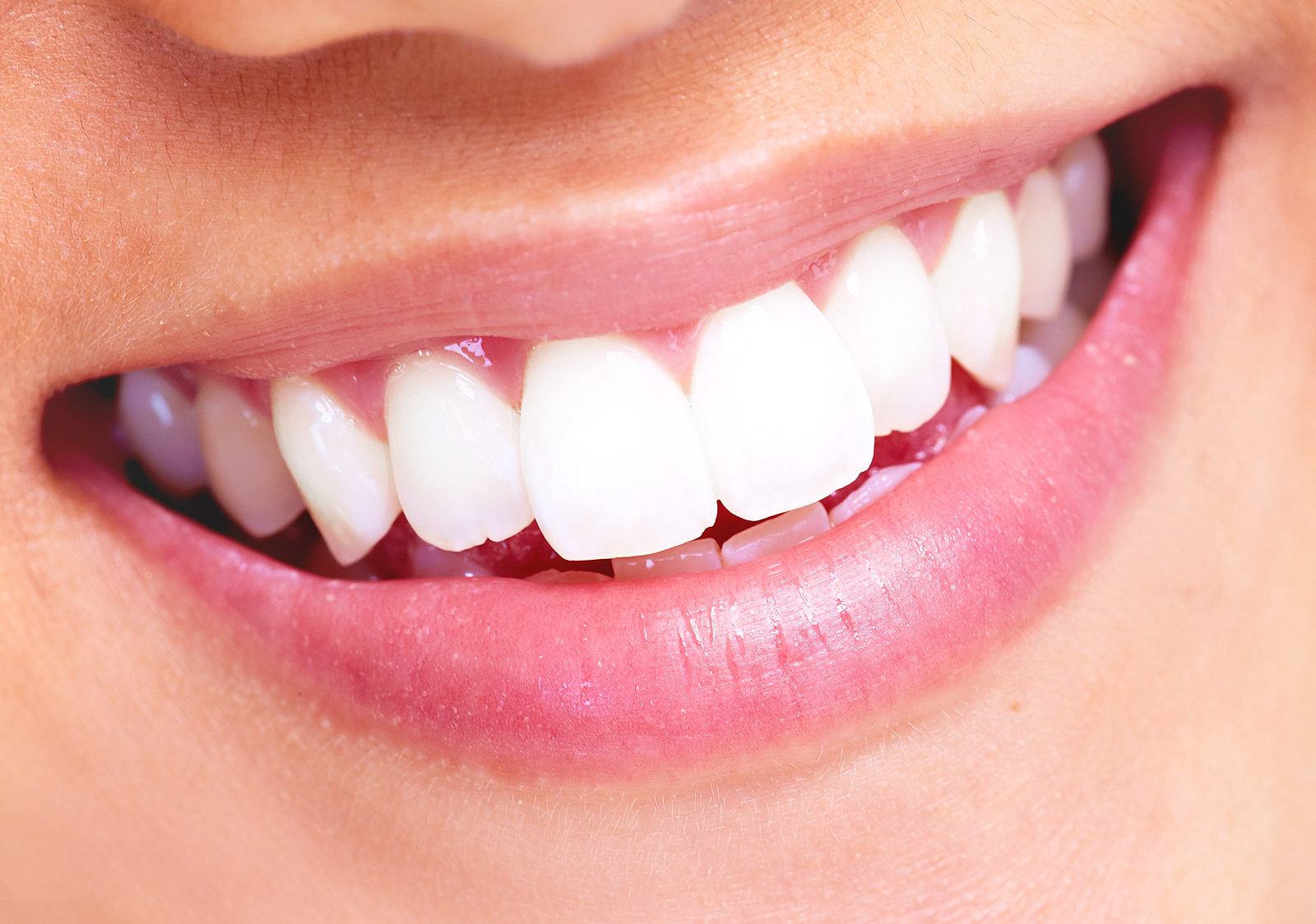A BRIEF HISTORY OF DENTAL CARE
Modern dental care is something that many of us take for granted today; tooth decay can be stopped and remedied with a simple filling, and cosmetic procedures like whitening and dental implants can give you the perfect smile you’ve always wanted. Still, it’s important to realize that things weren’t always this way. By exploring a brief history of dental care, you can enjoy a better understanding of how advancements led us to where we are today. Perhaps you’ll even have a greater appreciation for your dentist the next time you need work done!
HISTORY OF DENTAL CARE: DENTAL TREATMENTS IN ANCIENT TIMES
It is difficult to say when dental care was first studied, but we can estimate that dental practice first began several thousand years ago in ancient Egypt. In fact, evidence suggests that as far back as 7,000 B.C., teeth were “drilled” to remove decay. And as far back as 3,000 B.C., the first dental practitioners emerged and began working toward treatments and remedies for tooth damage, injuries, diseases, and more.
Early Greeks, including Hippocrates, often wrote about the steps they took to treat toothaches and other common oral health problems. During this time, it is believed the first tooth extractions were done and the first tooth pain remedies were used. Later on, the Middle Ages, the first oral surgical procedures (such as tooth extraction) began to be performed—often by barbers, who had access to sharp knives, blades, and other useful tools.
THE ADVANCEMENT OF DENTAL INSTRUMENTS AND TOOLS
Throughout the years, additional advancements and inventions in dental instruments/tools changed dental care as we knew it. For example, around 700 A.D., evidence of the first amalgam filling can be seen. In 1746, we can find evidence of the root canal procedure and the use of gold to create tooth crowns. And believe it or not, it wasn’t until 1844 that nitrous oxide first began to be used. Can you imagine getting any major dental work done today without it?
PIERRE FAUCHARD AND THE BEGINNING OF MODERN DENTISTRY
A French surgeon known as Pierre Fauchard is generally considered to be responsible for beginning the era of modern dentistry—or dentistry as we know it today. In the early 1720s, he first published his belief that sugar was a major cause of tooth decay. In the past, it was generally believed and accepted that cavities and decay were caused by “tooth worms” or even evil spirits! In addition to his findings regarding sugar and cavities, Fauchard also began the establishment of dentistry as an actual profession and area of expertise. His published book, The Surgeon Dentist, A Treatise on Teeth covered many dental topics that are still relevant today, including:
- treating/filling cavities
- dental implants
- the use of braces
- teeth cleaning
It wasn’t until the 1900s that many of the dental technologies we know and trust today first became used and discovered. For example, the tooth brush was invented in the 20th century and began to see widespread use in preventing tooth decay and keeping teeth clean. Schools around the country and the globe began to teach the importance of oral health care, and tooth paste was also invented.
Another important dental technology discovered in the 1900s was the X-ray; originally, X-ray technology was not applied to the field of dentistry, but it didn’t take long for dental professionals to begin using it to look at teeth and diagnose problems that may have otherwise gone unseen for years.
DENTAL CARE AS WE KNOW IT TODAY
Today, advancements in dental care have made cleanings, fillings, and other dental procedures easier on patients (and dental staff) than ever before. Anesthesia allows you to receive a dental filling or even have a tooth extracted without feeling a thing. Nitrous oxide makes your dental experience a little less stressful. Procedures such as root planing and scaling can help to remove dangerous plaque and tartar buildup underneath the gums that cause gingivitis and irreversible periodontal disease. Traditional and clear braces can be used to straighten and close gaps between teeth, and whitening treatments can give you the bright and white smile you’ve always dreamed of. Dental implants, bridges, and even dentures can be used to restore the appearance of your smile.
Only time will tell what other advancements we’ll see in the area of dental health. The possibilities are endless, especially as the development of new technologies and tools continues on. Still, it’s safe to say that we as humans have a better understanding of humans and dental health than ever before, and the future is looking brighter than ever.






















0 comments